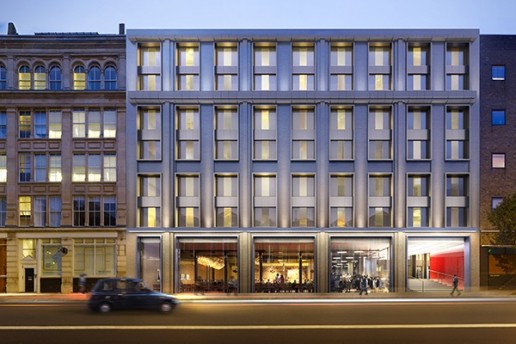In these unprecedented times, we can’t remain dormant. We need to understand the facts and identify the best approaches to move forward as an industry. To that extent, STR hosted a webinar last week looking at the current industry landscape in MEA, with guest speakers including Philip Wooller, Area Director, MEA at STR; Richard Dean, Director of Dubai-based design firm Roar; Donald Bremner, Managing Director at Stirling Hospitality Advisors; and Richard Thompson, Editorial Director at Middle East Economic Digest (MEED).
Wooller began by assessing the wider impact of the pandemic, highlighting significant occupancy declines around the world in countries such as Kuwait (-85%), Mainland China (-72%) and Japan (-68%) when compared to last year for week ending 21 March 2020. Data also showed that Europe and the UAE are already recording steeper RevPAR declines than in 2008/9 after the last financial crisis, the latter’s drop of -45.3% – versus prior year – on 22 March 2020 surpassing the lowest levels during October 2009 (-38.3%).
Looking more specifically at the Middle East, Wooller underlined that the region has been severely impacted by Covid-19, with occupancy declines accelerating across the region. During week ending 21 March 2020, occupancy levels were down as low as -97% in Makkah and Medina, -92% in Beirut and -88% in Kuwait City when compared to 2019. Abu Dhabi and Doha did provide some positivity however, recording -35% and -30% occupancy levels respectively as many hotels are re-purposed for the humanitarian effort, while Jeddah may be the only city in the world driving ADR at present, after it posted a 24% rise on its 2019 figure.
In Dubai meanwhile, the hotel landscape is a very different one this year versus last year. All three of the key performance metrics have fallen in March – occupancy (-62.0%), ADR (-26.7%) and RevPAR (-72.2%) – while the forward demand on the books as of the 23 March 2020 averages at 8.5% for the next 12 months, peaking at around 20% during Eid in May before tailing off towards the start of Expo 2020 in October.
Closing with potential recovery scenarios, Wooller stated that while most economists are expecting another global recession – Capital Economics believe that the fall in GDP in Q2 2020, likely an under-estimate, will be 15% – the length and depth of the impact will depend on how long the virus persists and the extent of government intervention. The big question is, will this have a long term impact on our travel behaviour?
Additional webinars will now be held regularly as STR monitors performance data in all world regions.
Click here to watch last week’s webinar in full.
CREDITS
Words: Ben Thomas
Photography: © David Rodrigo
Related Posts
1 February 2017
Yotel coming to Clerkenwell
16 January 2014



